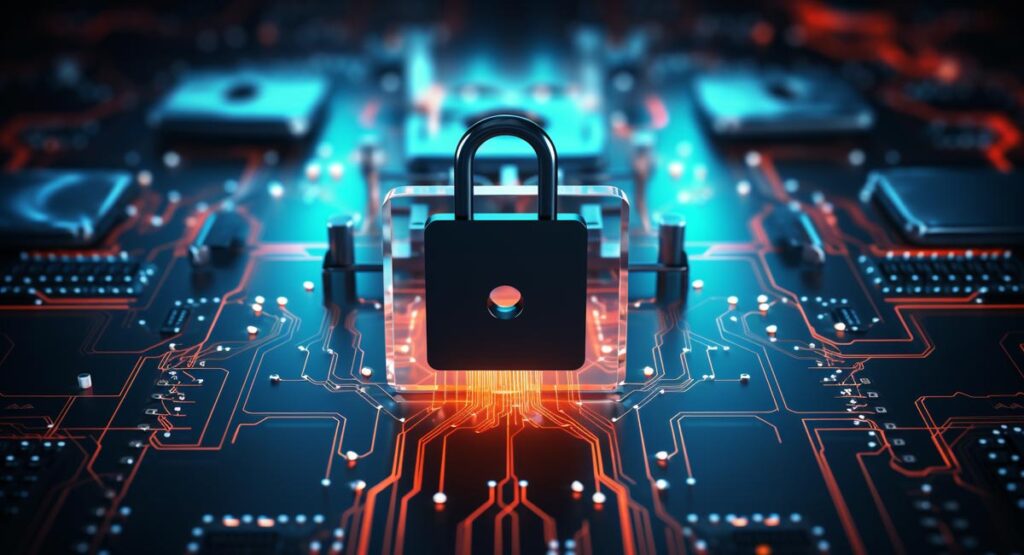For SANS Institute the rapidly evolving world of cybersecurity, staying updated with the latest tools, techniques, and best practices is paramount. As cyber threats become more sophisticated, the need for professionals to be equipped with the right knowledge and skills has never been greater. This article delves deep into one of the top trending courses in the cybersecurity domain: SEC504: Hacker Tools, Techniques, and Incident Handling. Whether you’re a seasoned security expert or a novice looking to break into the field, this course offers a comprehensive overview of the current threat landscape and the tools used by both defenders and attackers. By the end of this article, readers will gain insights into the course’s content, its significance in today’s digital age, and the key takeaways that make it a must-attend for anyone serious about cybersecurity.
SANS Institute Course SEC504: Hacker Tools, Techniques, and Incident Handling
Table of Contents
- Who is SANS Institute?
- Course Overview
- Key Modules and Learning Outcomes
- Why is SEC504 So Relevant Today?
- Who Should Attend?
- Final Thoughts
- Sources
Who is SANS Institute?
The SANS Institute (SysAdmin, Audit, Network, and Security) is a private U.S. company that specializes in information security and cybersecurity training. Founded in 1989, the institute is known for its world-class cybersecurity courses, research, and certifications. Here’s a brief overview:
Background and History
The SANS Institute was established to provide IT professionals with the skills and knowledge necessary to protect information systems from emerging threats. Over the years, it has grown to become one of the largest and most respected sources for information security training and security certification in the world.
Training and Certifications
SANS offers a wide range of courses covering various aspects of information security, from introductory levels to advanced topics. These courses are often taught by industry experts and practitioners. Upon completing these courses, participants can take exams to earn globally recognized certifications such as:
- GIAC (Global Information Assurance Certification)
- GSEC (GIAC Security Essentials Certification)
- GCIA (GIAC Certified Intrusion Analyst)
- And many others.
Research and Resources
Beyond training, SANS is also known for its research initiatives. The institute regularly publishes:
- Whitepapers: Detailed research papers on various cybersecurity topics.
- Tools: Open-source tools and utilities beneficial for cybersecurity professionals.
- Webcasts: Online presentations on current security topics.
One of the most notable resources from SANS is the Internet Storm Center (ISC), which provides a platform for experts to analyze and report on daily network threats.
Community Involvement
SANS is deeply involved in the cybersecurity community. They host various events, including:
- SANS Conferences: These are held globally and bring together cybersecurity professionals for training sessions, workshops, and networking.
- NetWars: A hands-on cybersecurity challenge designed to test the skills and knowledge of participants in a competitive environment.
The SANS Institute plays a pivotal role in shaping the cybersecurity landscape by providing top-notch training, conducting valuable research, and fostering a community of informed and skilled professionals. Their contributions have been instrumental in elevating the standards of cybersecurity practices globally.
SEC504 Course Overview
SEC504 is a course designed to provide participants with a deep understanding of the tools and techniques used by hackers. It covers a wide range of topics, from the basics of penetration testing and vulnerability assessment to advanced incident handling and network defense strategies. The course is hands-on, ensuring that participants not only learn the theoretical aspects but also get practical experience.
Key Modules and Learning Outcomes
- Module 1: Hacker Techniques and Incident Handling – Understand the mindset of a hacker and learn the steps involved in a typical cyber attack.
- Module 2: Common Exploits and Vulnerabilities – Dive deep into the most common vulnerabilities exploited by attackers and how to defend against them.
- Module 3: Advanced Network Defense Strategies – Learn about advanced techniques to defend networks, including intrusion detection systems and honeypots.
- Module 4: Incident Response and Forensics – Understand the steps involved in responding to a cyber incident and the importance of digital forensics in the investigation process.
Why is SEC504 So Relevant Today?
With cyberattacks becoming more frequent and damaging, organizations are in dire need of professionals who can defend their networks and respond effectively to incidents. According to a report by Cybersecurity Ventures, the global cost of cybercrime is expected to reach $6 trillion annually by 2021. This staggering figure underscores the importance of courses like SEC504, which equip professionals with the skills needed to combat these threats.
Who Should Attend?
SEC504 is ideal for:
- Cybersecurity Professionals – Those already in the field looking to enhance their skills.
- IT Managers and Administrators – Professionals responsible for managing and securing IT infrastructure.
- Aspiring Ethical Hackers – Individuals looking to understand the tools and techniques used by hackers.
Final Thoughts
The world of cybersecurity is vast and ever-changing. To stay ahead of the curve, continuous learning and upskilling are essential. SEC504: Hacker Tools, Techniques, and Incident Handling stands out as a comprehensive course that offers both theoretical knowledge and practical skills. The most crucial takeaway from this article is the undeniable importance of such courses in today’s digital age. As cyber threats continue to evolve, professionals equipped with the latest knowledge will be the frontline defenders against these threats, ensuring a safer digital future for all.
I write for and assist as the editor-in-chief here on Host Screamer. I’m a digital entrepreneur since 1992. Always Keep Learning! Notice: All content is published for educational and entertainment purposes only. NOT LIFE, HEALTH, SURVIVAL, FINANCIAL, BUSINESS, LEGAL OR ANY OTHER ADVICE. Learn more about Mark Mayo




